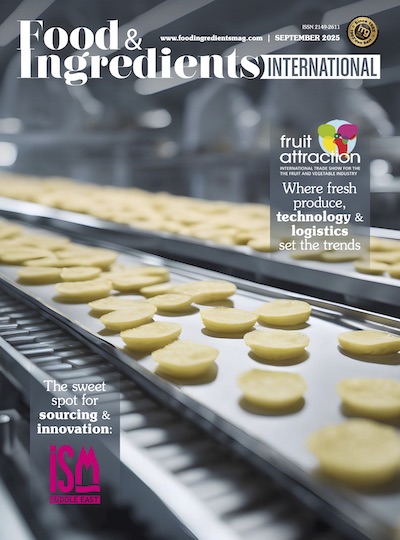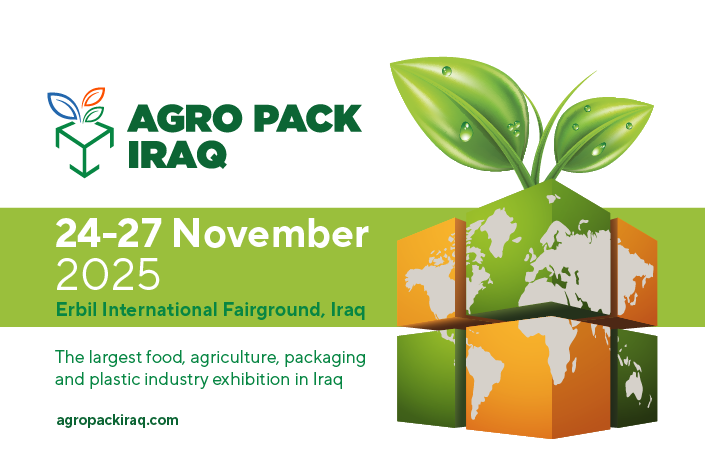The number of people facing food insecurity globally will rise by up to 243 million by November, or a total of 1.9 billion people, explains a new report, “Food Security and the Coming Storm,” from Eurasia Group and DevryBV Sustainable Strategies. The report will be launched at the inaugural Global Citizen NOW summit in New York City.
This report offers new forecasts and policy recommendations for this global crisis based on a collaborative approach among the partners using geopolitical scenario analysis, market modeling, and issue expertise.
Russia’s war with Ukraine has shocked agricultural markets, increasing food inflation and global hunger. Combined with the Covid-19 pandemic, the war and countries’ responses to it are pushing global food prices even higher, heightening the risk of poverty, hunger, and malnutrition.
The report presents three potential trajectories for the Russia-Ukraine war: unstable stalemate, escalation, and climbdown. It estimates the impact of each on global food insecurity.
Notably, Eurasia Group’s most likely scenario, unstable stalemate (a 70% probability), is also the most grave for global hunger.
Even in the most optimistic scenario, climbdown (a 5% probability), which would assume a cease-fire and de-escalation, food insecurity in 2022 would still be higher than in 2021. Prior to the war, levels of hunger had already surpassed previous records set in 2021, with close to 193 million people acutely food insecure and in need of urgent assistance across 53 countries and territories.
Despite this dire forecast, the report says a series of policies could help reduce human suffering in any war scenario—if the world can cooperate. These include a concerted effort to keep food trade open with Ukraine and Russia despite sanctions and other wartime considerations.
“Eurasia Group’s report helps us more clearly envision the ‘hurricane of hunger’ that hurtles towards us,” said Michael Sheldrick, co-founder and chief policy, impact, and government relations officer, Global Citizen. “It offers further validity to global calls to curb perilous increases in food prices by prohibiting export bans on crucial food commodities, ensuring access to existing food stocks, maintaining the integrity of global food trade routes, and preventing future crises through long-term investments including in the potential of smallholder farmers.”
Devry Boughner Vorwerk, CEO of DevryBV Sustainable Strategies, underscored that point, noting that “while food aid is critical to address the immediate humanitarian crisis, this study also demonstrates the need to focus on local production zones at scale in impacted countries over the next six to 24 months. The G7 and multilateral lending institutions need to dedicate targeted emergency funding to the greatest areas of production potential to ensure a sustainable food system going forward.”























